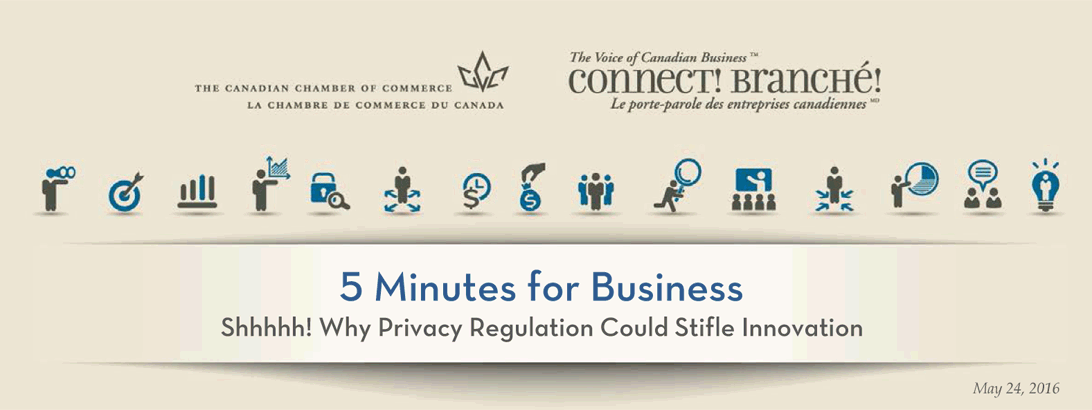When we think about innovation, we almost always imagine a cool new gadget. But more and more, innovation is data driven—and it is creating the most amazing products, some of which could be threatened by new privacy rules.
Think of Facebook with its 1.65 billion users accumulating 600 terabytes of data per day. And all of it seemingly for free. Or not? Facebook has access to reams of data on people’s likes, interests and locations. Just based on our “likes,” Facebook can tell our political views, ethnicity, income, intelligence, age, gender, personality and preferences with astonishing accuracy. This is a treasure trove of information for businesses to better understand their customers and target ads.
Or think of Shazam: whenever you hear a song you like, this app can instantly identify the artist and song title. It’s free and it has become the world’s best source of data on the hot new music people are listening to. Shazam can see our music preferences geographically and build profiles of songs we might like.
In the old days, retailers might have tracked a customer through a store to watch for patterns—what products does she pick up, in what aisles does she linger? On the web, it’s as though companies can track our eye movements to see which individual items we look at and for how long, whether we read the label or what things we like best. Technology is transforming the way we shop and communicate, and this has big consequences for our approach to privacy.
Canada’s Privacy Commissioner has just launched a consultation on how to improve individual control over personal information in the commercial environment. At the Canadian Chamber, we’re concerned the government will bring about sweeping new consent requirements or impose rules that make people opt out of data services by default.
As we’ve seen with Canada’s Anti-Spam Legislation, burdensome consent requirements can hamper innovation and impose significant costs on business. Often unnecessarily because there is a spectrum of people from the “privacy unconcerned” who have every aspect of their lives publicly available online to the “privacy paranoid” who reveal nothing and always cover their tracks.
Most people fall somewhere in between and make their own decisions. Many of us are happy to get PC points and Air Miles or a free service like Google or Gmail in exchange for information about our purchases and preferences. Others are not.
Some of the most exciting new applications of big data are in sensitive areas. Imagine a system that could aggregate medical information of millions of people with thousands of illnesses to compare symptoms with medicines. Big data could find the best treatments and improve diagnosis to make us healthier.
Back in 2000, Canada enacted the Personal Information Protection and Electronic Documents Act (PIPEDA), based on the principles of sensitivity and harm, openness and transparency, and knowledge and consent. Canada must continue to balance the privacy rights of consumers and the use of personal information for commercial purposes. Canadians can make choices based on the value they receive without strangling innovation and new business models. Go here to participate in the consultation.
For more information, please contact :
Hendrik Brakel
Senior Director, Economic, Financial & Tax Policy
613.238.4000 (284) | hbrakel@chamber.ca



